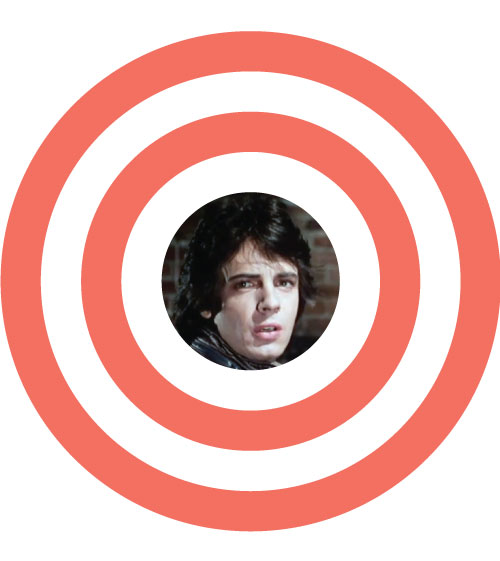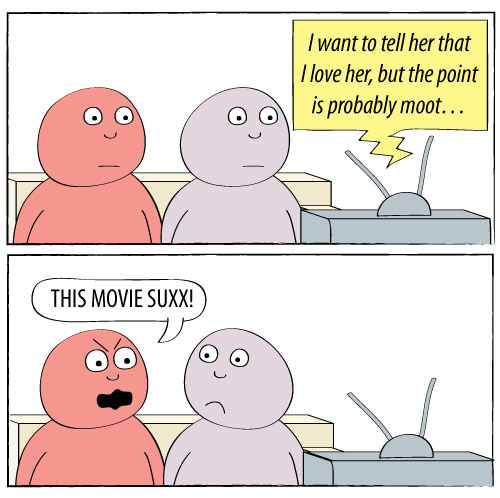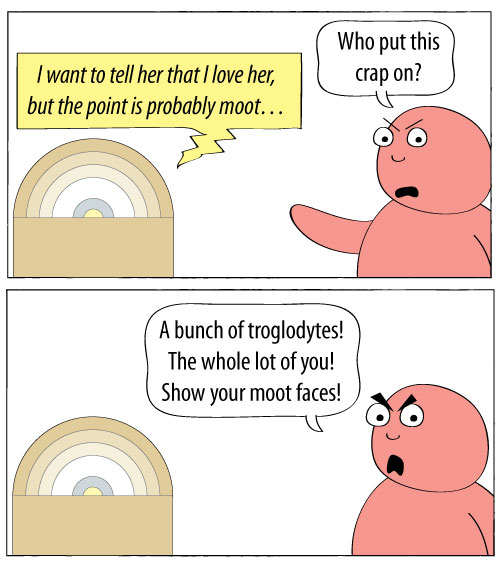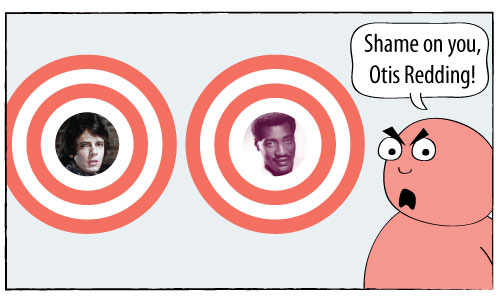Happy Birthday to Rick Springfield, who turns 62 on Tuesday. He is best remembered for his 1981 song, “Jessie’s Girl.” And best known to my friends as the guy who spawned my now defunct war on the word “moot.”
When I was a copy editing intern, my friend and I bonded over stories of our favorite pet peeves and word misuses. I had the pedestrian ones everyone has: “their/there/they’re” and “you’re/your.” But my friend one-upped me with her distaste for Rick Springfield and his use of the word moot.
I was intrigued. Why would this bug a copy editor? In the song, Rick declares his love for his friend’s girlfriend. He says, “I want to tell her that I love her, but the point is probably moot.”
That use of the word is acceptable in the vernacular, but according to Merriam-Webster, the word has two meanings:
- open to question : debatable : subjected to discussion : disputed
- deprived of practical significance : made abstract or purely academic
Similarly, the definitions from the OED:
- Originally in Law, of a case, issue, etc.: proposed for discussion at a moot (MOOT n.1 4). Later also gen.: open to argument, debatable; uncertain, doubtful; unable to be firmly resolved. Freq. in moot case, [moot] point.
- N. Amer. (orig. Law). Of a case, issue, etc.: having no practical significance or relevance; abstract, academic. Now the usual sense in North America.
“Jessie’s Girl” used the word in its second meaning: not worth debating, already decided, irrelevant, etc. But that wasn’t the FIRST definition given in the dictionaries, and upon later, research, it wasn’t necessarily the original definition of the word.
According to TheFreeDictionary.com:
The adjective moot is originally a legal term going back to the mid-16th century. It derives from the noun moot, in its sense of a hypothetical case argued as an exercise by law students. Consequently, a moot question is one that is arguable or open to debate. But in the mid-19th century people also began to look at the hypothetical side of moot as its essential meaning, and they started to use the word to mean “of no significance or relevance.” Thus, a moot point, however debatable, is one that has no practical value. A number of critics have objected to this use, but 59 percent of the Usage Panel accepts it in the sentence The nominee himself chastised the White House for failing to do more to support him, but his concerns became moot when a number of Republicans announced that they, too, would oppose the nomination. When using moot one should be sure that the context makes clear which sense is meant.
Back then, we zealous 22-year-old copy editors thought that the first definition should be the primary definition and that it must be Rick Springfield’s fault for the opposite definition. In our minds, the word had meant “disputed, debatable and open to discussion” until the very moment he released “Jessie’s Girl” as a single.
From that moment on, I adopted my friend’s dislike for Rick Springfield. I disparaged him whenever I heard him.
On a movie soundtrack…
This went on for about four years. Then, I became more accepting of the changing nature of words. Many people will say “podium” when they mean “lectern.” “Presently,” which meant “in the immediate future,” became an acceptable substitute for “currently.” If we were really sticklers for word use, Otis Redding’s “(Sittin’ On) The Dock Of The Bay” would really be “(Sittin’ On) The Pier Of The Bay.” The dock, which can mean “landing pier,” also means the water right around the pier.
But we’ve forgiven those deviations and have even incorporated them into our language. And, as language evolves, it’s important to recognize what people will understand and won’t understand. If most people know “moot” to mean “irrelevant” and “not debatable,” then I’m fighting a losing battle if I try to use the original meaning. Language evolves, and so I had to evolve as well.
So I had to find another reason to mock Rick Springfield.
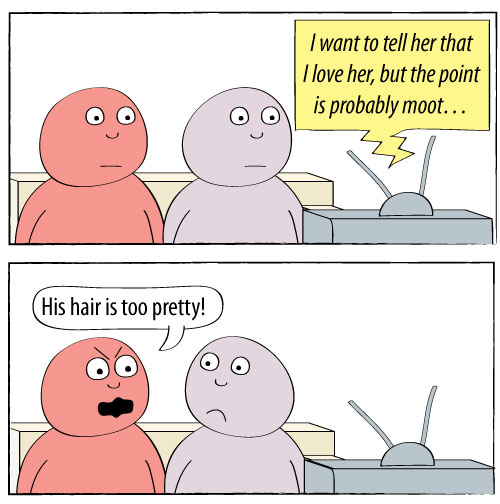 For more on the word “moot,” check out this blog post on Talk Wordy To Me.
For more on the word “moot,” check out this blog post on Talk Wordy To Me.

